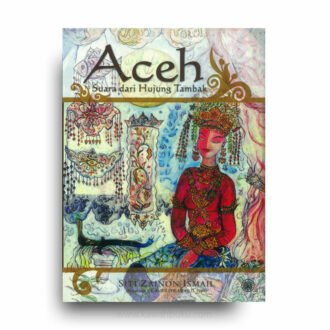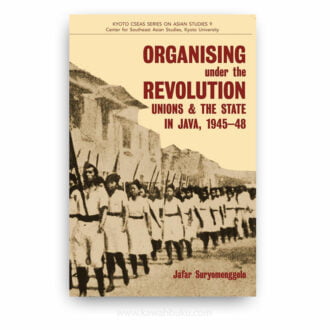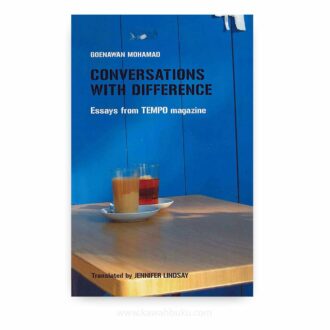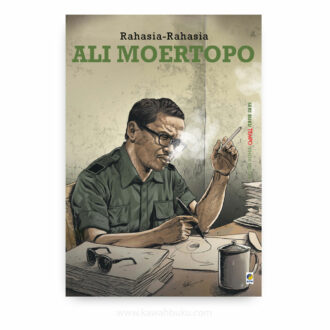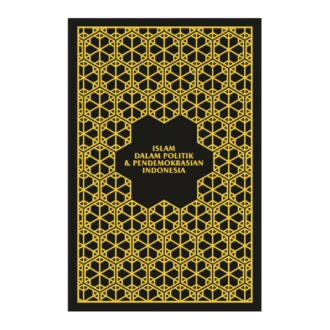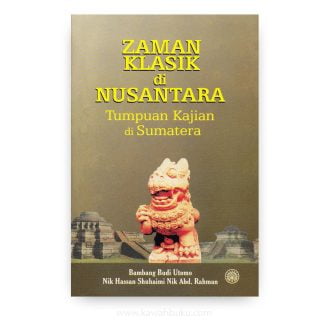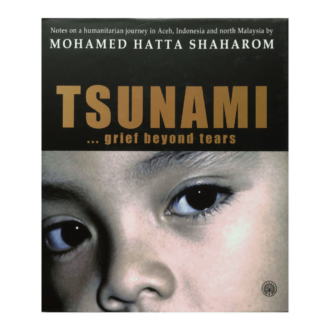In Being Malay in Indonesia: Histories, Hopes and Citizenship in the Riau Archipelago, the author engages in the long-standing debate about what it means to be Malay which his intention is to offer a stimulating new reading about the perplexities of Malayness. To achieve this aim, he presents a thought-provoking ethnography of the people of Indonesia’s Riau Archipelago. In 1999, the people of Indonesia’s Riau Archipelago were angry. Resentful of decades of internal colonialism by Mainland Sumatra, and concerned that they lacked the education and skills to flourish in a globalised world, they dreamed of inhabiting a province of their own. When the post-authoritarian state committed itself to democracy and local autonomy, they lobbied vigorously and successfully for the region to be returned to its native Malay residents. Riau Islands Province was born in 2004. This book explores what happened next.
Living in a new province created for Malays forced Riau Islanders to engage with thorny questions over what it meant to be Malay and how to achieve the official goal of becoming globally competitive human resources. Putting nuanced ethnographic observations of life in the islands into a provocative dialogue with theorists ranging from Zizek to Sartre, this book explains how feelings of unsettledness and doubt came to permeate the province as a result of its very creation. Offering fresh perspectives on commerce, spirit beliefs, education and culture, Being Malay in Indonesiachallenges much of the received wisdom in the anthropology of Southeast Asia and makes a powerful case for the importance of feelings, sentiments and affect in studies of local development and political change.



